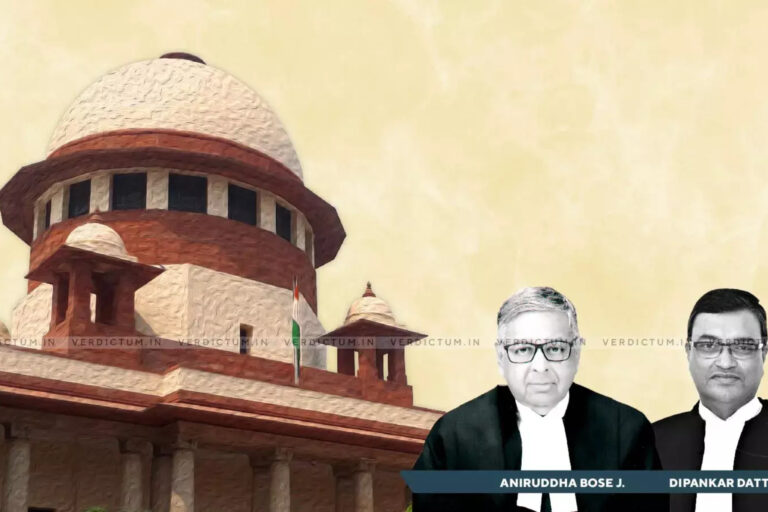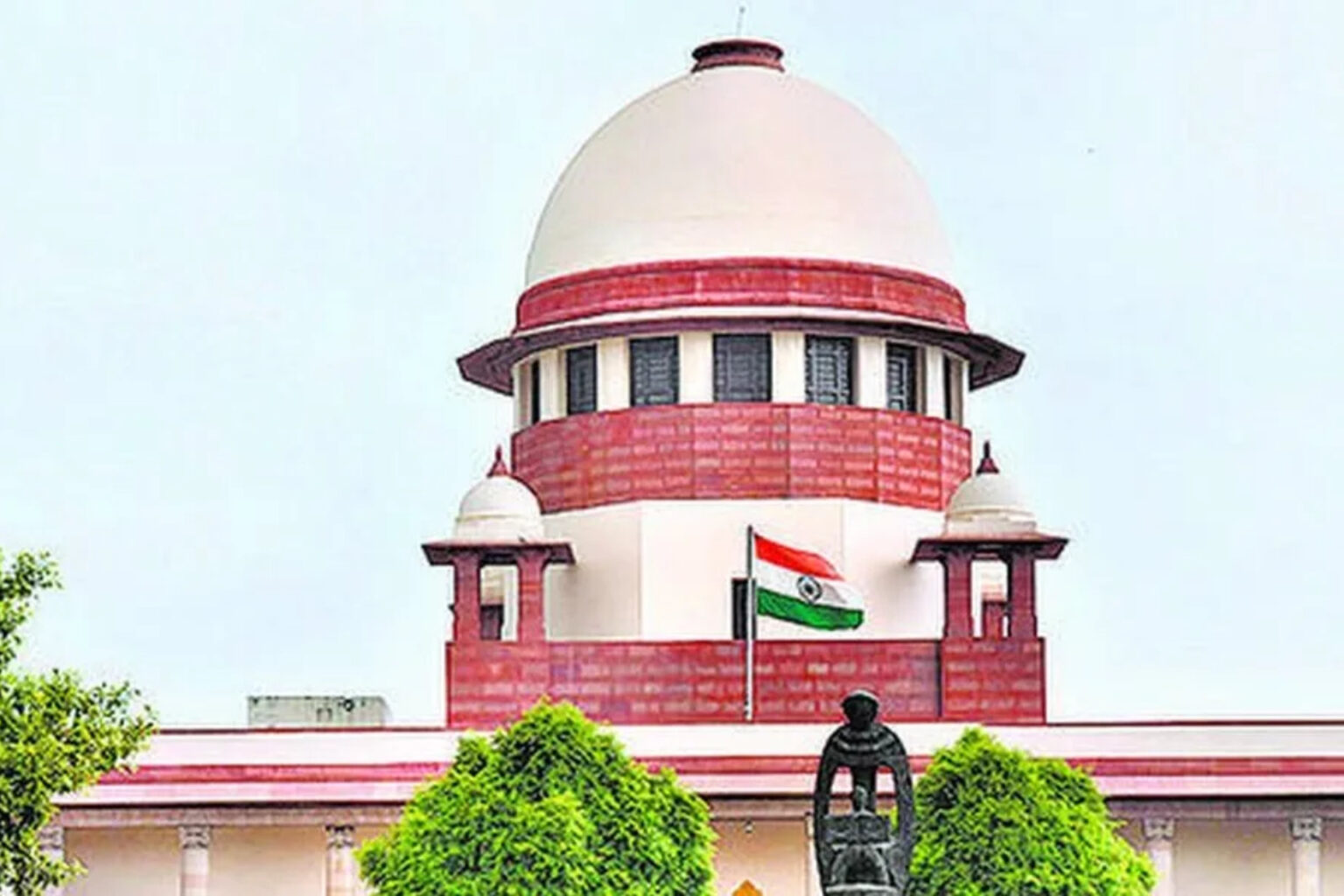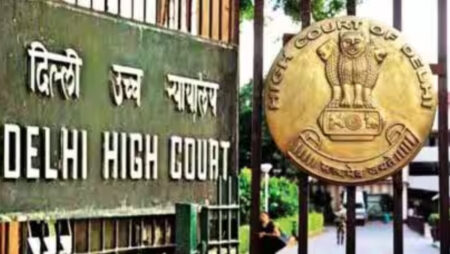
In a significant ruling, the Supreme Court of India has rejected a plea filed by a senior Indian Administrative Service (IAS) officer, seeking to transfer the trial of a child sex abuse case. The apex court, while dismissing the officer’s plea, has granted permission for a virtual appearance during the proceedings. This landmark decision came after a thorough examination of the case and the considerations surrounding it.
The matter at hand revolves around a child sex abuse case in which the IAS officer, whose identity has been withheld, stands accused. The officer had petitioned the Supreme Court, requesting the trial to be relocated to a different jurisdiction due to concerns about impartiality. However, the court found the arguments presented insufficient to warrant a shift in the trial’s location.
Chief Justice of India along with a panel of esteemed judges, presided over the case, examining the merits of the plea and its potential implications. The court emphasized the importance of a fair and unbiased trial while acknowledging the gravity of the charges faced by the accused officer. However, after careful deliberation, it was concluded that the trial should proceed in the current jurisdiction, assuring that justice would be served.
Moreover, in light of the ongoing pandemic situation and the need to ensure the safety and convenience of all parties involved, the Supreme Court permitted the accused IAS officer to participate in the proceedings through virtual means. This decision reflects the court’s commitment to upholding the principles of justice while adapting to the evolving challenges posed by the pandemic.
The accused IAS officer’s legal counsel had put forth various arguments, highlighting potential biases in the local court’s proceedings, which prompted the plea for the trial’s relocation. The defence claimed that a fair trial would be hindered in the present jurisdiction due to the officer’s professional status and alleged prejudice against them in the local community. However, the Supreme Court found these arguments insufficient to justify transferring the trial to a different location.
The court’s verdict, in this case, sets a crucial precedent, affirming the nation’s commitment to impartial and fair trials, regardless of the accused individual’s background or social standing. It further reinforces the significance of the judiciary in upholding the rule of law and ensuring that justice is administered without any influence or prejudice.
Regarding the virtual appearance permission, the court recognized the advancements in technology and its potential to facilitate the administration of justice during exceptional circumstances. The allowance for the accused IAS officer to participate in the proceedings through virtual means is a pragmatic approach that ensures their right to defence while mitigating the risks associated with in-person gatherings amid the pandemic.
This landmark decision by the Supreme Court underscores the importance of adapting legal proceedings to meet the challenges of the modern world. It reaffirms the judiciary’s commitment to providing a fair and just trial for all individuals, irrespective of their background or standing in society.
It is essential to note that the Supreme Court’s judgment is not a reflection of the accused officer’s guilt or innocence but rather a determination of the trial’s appropriate location and the mode of participation during the proceedings.
As the case continues to move forward, it will undoubtedly be closely watched by legal experts, activists, and the general public. The decision carries significant implications for the Indian judicial system’s credibility, transparency, and adaptability, particularly in handling sensitive cases like child sex abuse.
In conclusion, the Supreme Court’s dismissal of the IAS officer’s plea to shift the child sex abuse trial while allowing virtual appearance marks a crucial moment in India’s legal history. By upholding the principles of justice, impartiality, and inclusivity, the court sets an important precedent that will guide future trials and ensure the continued trust of the citizens in the Indian judiciary.













